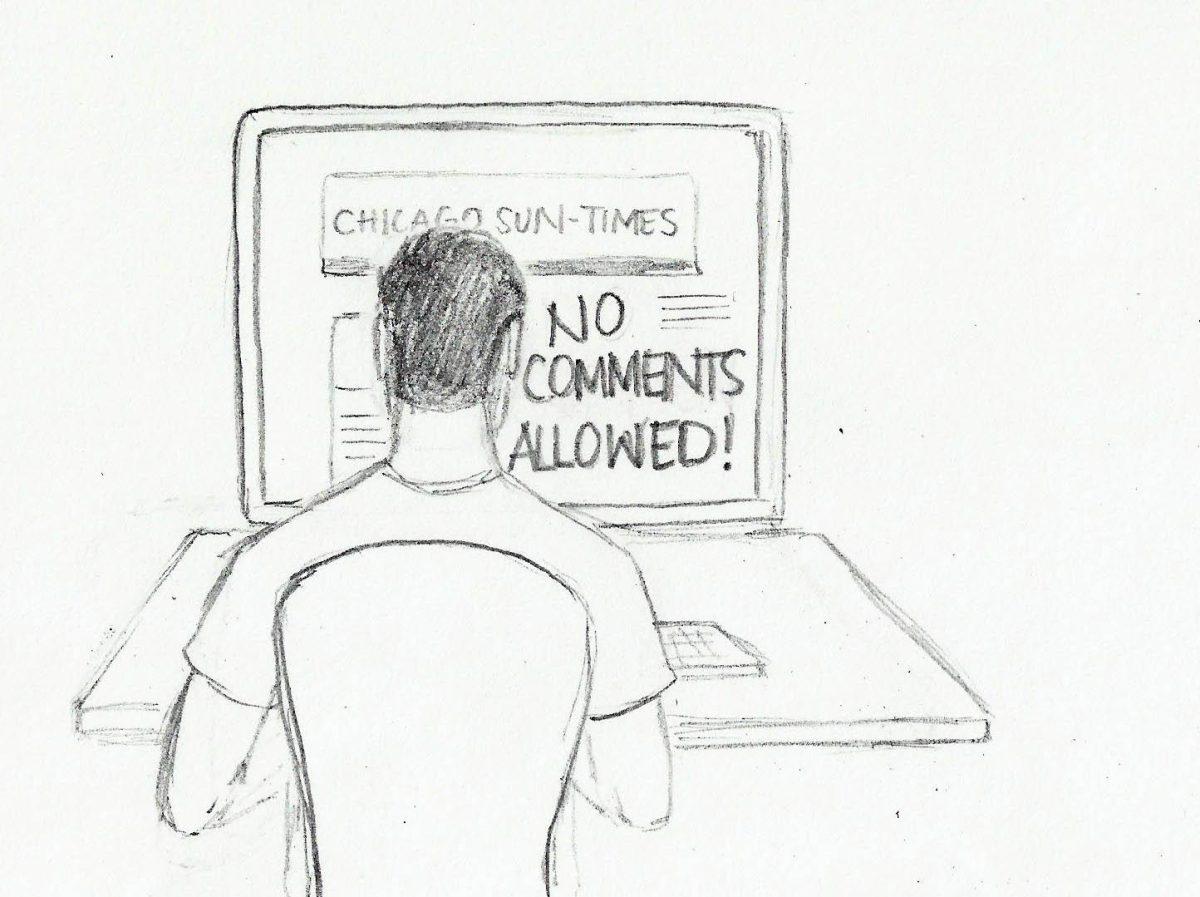Imagine you read a pro-abortion rights column on The Daily Reveille website.
Being anti-abortion, you are outraged by the columnist’s words. You are determined to respond to this one-sided writer’s argument with a smart, informative, well-researched response.
However, you lack their writing training and time to research. Also, you’re just so emotional that you end up writing “You’re wrong and you suck” and click submit.
As a reader, you expressed your opinions to the rest of the world. As an online responder, you defeated the purpose of the comments section because you insulted the writer instead of giving an accurate counterargument.
But, the writer did exactly what he set out to do: he made you angry.
As an opinion writer, my job is to express my opinion and start conversations on various topics.
Inspiring negative commentary isn’t a bad thing. In fact, when it comes to voicing our opinion, our mission should be to motivate commentary, no matter what kind it is.
On April 12, The Chicago Sun-Times and its related publications temporarily shut down their online comments section, silencing the hating masses of the online world.
Sun-Times managing editor Craig Newman released a statement on the newspaper’s website where he explained the reasoning behind this shutdown, and he definitely has a point.
Newman wrote that the Sun-Times will be taking some time to figure out how to filter or prevent people from using the comment section of their website as an outlet for hate speech, racial slurs and other derogatory language.
I agree with the Sun-Times; people don’t know what the comment section is for.
However, expecting that a temporary timeout is going to teach the Internet trolls to mind their manners is not only depriving them of their right to express themselves, but it’s also defeating the purpose of online content all together.
At LSU, we are lucky to have a select group of passionate individuals who read and comment on the majority of the Reveille’s content.
These individuals, although not always supportive of the writer’s point of view, follow the purpose of online commentary by continuing the writer’s conversation in an informative and mature way.
This is the type of response writers strive to receive.
This is the type of response the Sun-Times is attempting to encourage from its readers. However, the majority of people don’t take the time to write well-formed responses. Which is why more colloquial responses are common in the online world.
These are the types of comments the Sun-Times wants to eradicate, but that is never going to happen.
Expecting to live in a world where people only react to online content with a smart exchange of ideas is an unrealistic goal.
The key is not to focus on the negative, because for every 10 negative, immature or patronizing comments there is one intelligently built comment that overshadows the rest.
Online commentary is not something to be feared in the business of producing online content; it is something to be celebrated.
One solution to the problem is to take away responder anonymity. We’ll see how many people speak up when they also have a byline.
However they choose to deal with the problem, I hope the Sun-Times brings back the comments section sooner rather than later.
We all have the right to humiliate ourselves in comment sections, and no one should take that away from the public.
Jose Bastidas is a 21-year-old mass communication junior from The Woodlands, Texas.
Opinion: Online commentary is important, even when hateful
April 22, 2014





